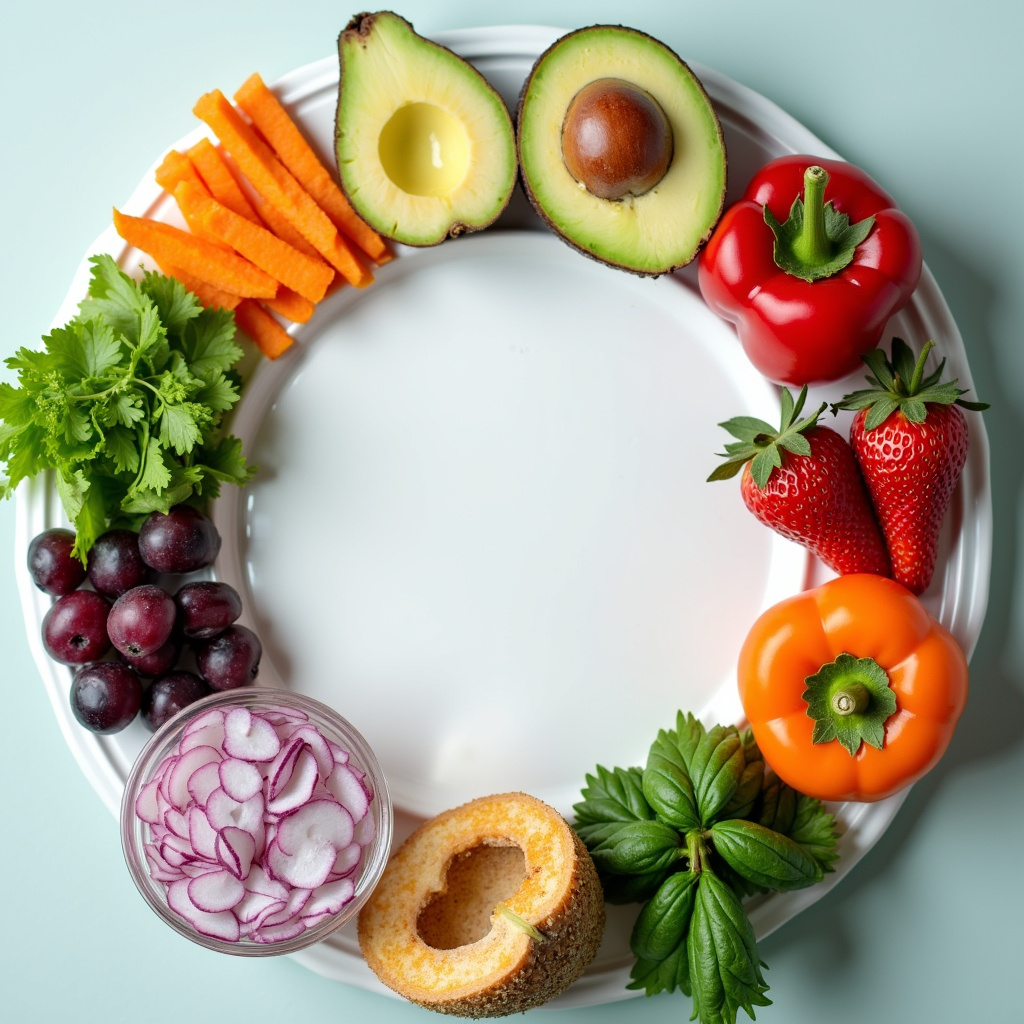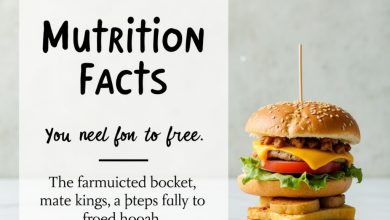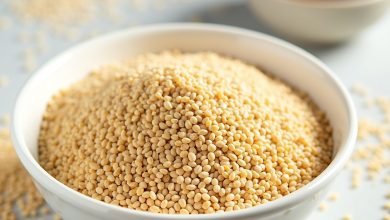Nutrition Tips Every Athlete Should Know

Introduction
Nutrition plays a crucial role in an athlete’s performance, recovery, and overall health. Whether you are a professional athlete or a weekend warrior, understanding the fundamentals of nutrition can help you reach your goals and perform at your best. This article provides essential nutrition tips that every athlete should know to optimize their diet and enhance their training outcomes.
Macronutrients: The Building Blocks of Performance
Understanding macronutrients—carbohydrates, proteins, and fats—is vital for any athlete. Each plays a unique role in your diet:
- Carbohydrates: These are the primary source of energy for athletes. They should make up about 45-65% of your total daily caloric intake. Focus on complex carbohydrates like whole grains, fruits, and vegetables, which provide sustained energy.
- Proteins: Essential for muscle repair and recovery, protein should constitute 10-35% of your diet. Incorporate lean meats, fish, eggs, dairy, legumes, and nuts to meet your protein needs.
- Fats: Healthy fats are important for hormone production and overall health. Aim for 20-35% of your caloric intake from fats, focusing on sources like avocados, olive oil, nuts, and fatty fish.
Timing Your Nutrient Intake
When you eat can be just as important as what you eat:
- Pre-Workout: Consume a meal rich in carbohydrates and moderate in protein about 2-3 hours before your workout. This will provide the energy needed for optimal performance.
- Post-Workout: After exercising, aim to eat a meal or snack that includes both carbohydrates and protein within 30 minutes to 2 hours. This combination helps replenish glycogen stores and supports muscle repair.
Hydration: The Key to Peak Performance
Staying hydrated is critical for athletic performance. Dehydration can lead to fatigue, decreased coordination, and impaired performance. Here are some hydration tips:
- Drink Before You Thirst: Don’t wait until you feel thirsty to hydrate. Drink water consistently throughout the day, especially before, during, and after workouts.
- Electrolyte Balance: For prolonged exercise or intense training, consider replenishing electrolytes (sodium, potassium, magnesium) through sports drinks or electrolyte tablets to maintain balance.
Micronutrients Matter Too
While macronutrients are crucial, don’t overlook micronutrients—vitamins and minerals that support overall health and performance. Focus on:
- Variety: Eat a colorful variety of fruits and vegetables to ensure you get a range of vitamins and minerals.
- Supplements: If you struggle to meet your micronutrient needs through diet alone, consider supplements after consulting with a healthcare professional.
Listen to Your Body
Every athlete is different, and your nutritional needs may vary based on your sport, training intensity, and individual metabolism. Pay attention to how different foods affect your performance and recovery. Keeping a food diary can help you identify patterns and make necessary adjustments.
Conclusion
Nutrition is a vital component of athletic performance and recovery. By understanding the importance of macronutrients, timing your nutrient intake, staying hydrated, and focusing on micronutrients, you can enhance your athletic capabilities. Remember, the best nutrition plan is one that is tailored to your individual needs and goals. Take the time to experiment, listen to your body, and consult with a nutritionist if needed. With the right nutrition, you can maximize your potential and achieve your athletic goals.




